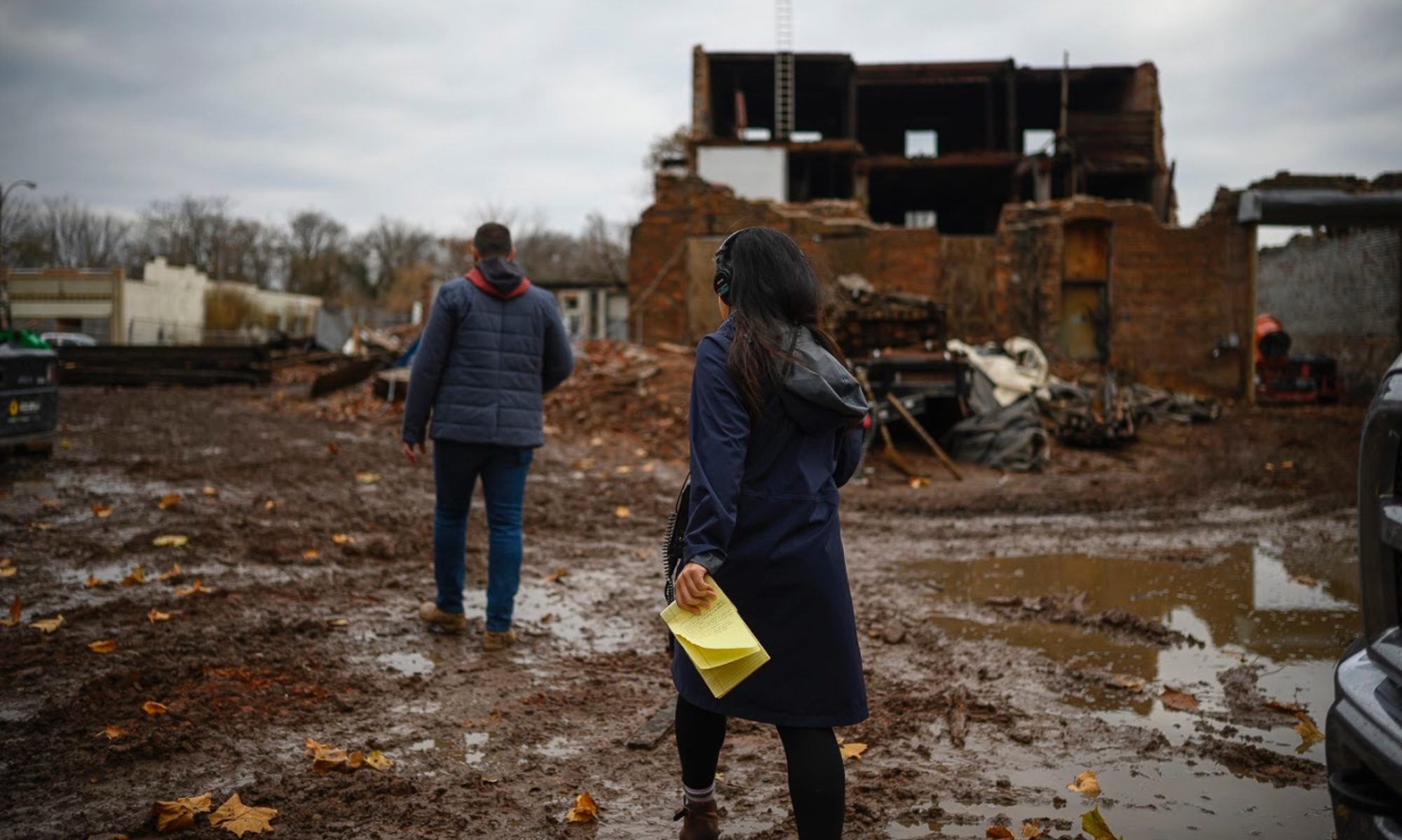Features
‘I Just Want To Know’: Families Of Nursing Home Residents Demand Coronavirus Details
(St. Louis Public Radio)
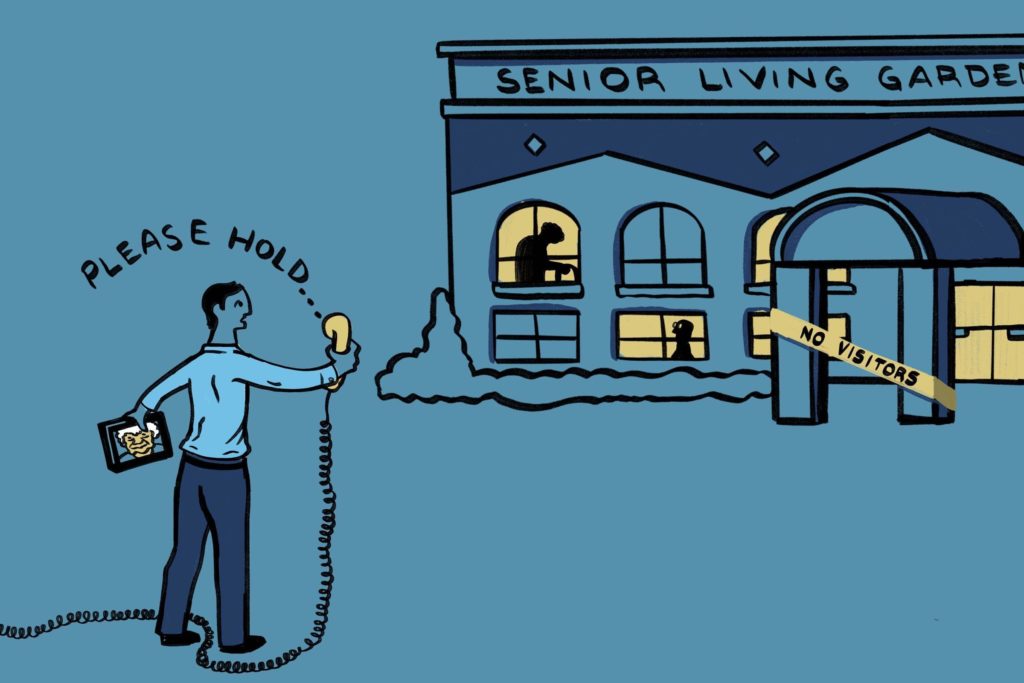
After hundreds of nursing homes across the country reported coronavirus outbreaks, many states began identifying nursing homes where residents had tested positive for the coronavirus. But Missouri wasn’t one of them. While state health officials refused to name nursing homes where there were COVID-19 cases, family members became increasingly upset with how difficult it was to find out if their loved ones were safe.
Missouri Farmers Try To Reduce Runoff, But Cleaning Gulf Dead Zone May Take Decades
(A two-part series in partnership with WWNO in New Orleans, featured on Science Friday)
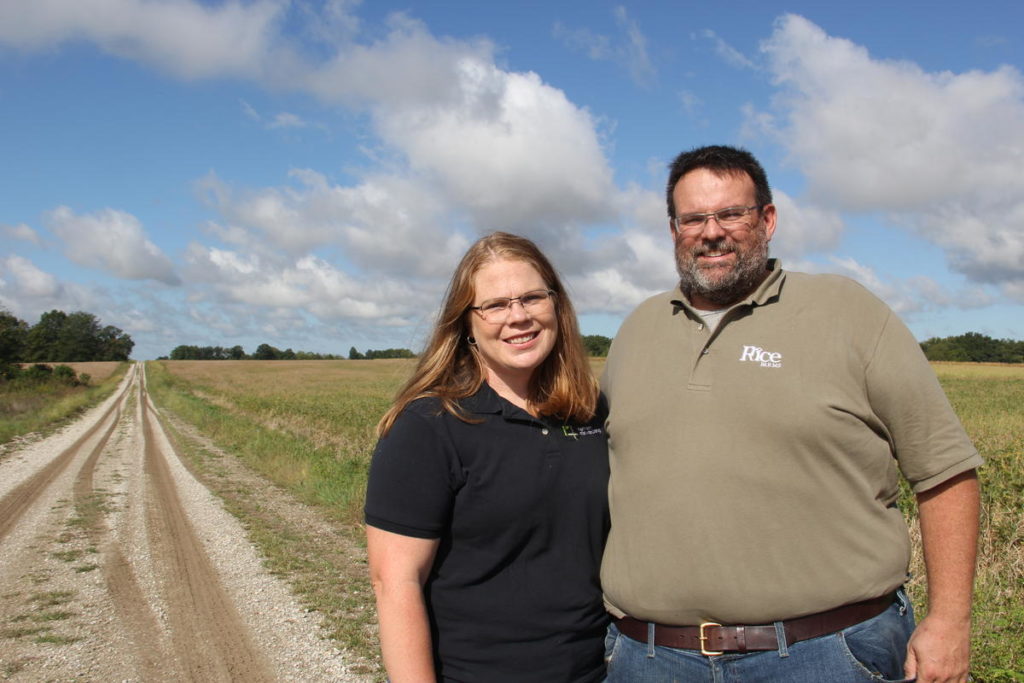
Urban stormwater, sewage and farm runoff that flow downstream from states in the Mississippi River basin have created an area in the Gulf where oxygen is too low to support marine life. Missouri is among the top contributors of nitrogen and phosphorus pollution to the river basin, according to the U.S. Geological Survey. Federal data shows that the state’s pollution largely comes from fertilizer and manure.
Listen to my interview with Ira Flatow of Science Friday about agricultural runoff.
For African Americans, DNA Tests Reveal Just A Small Part Of A Complicated Ancestry
(St. Louis Public Radio)
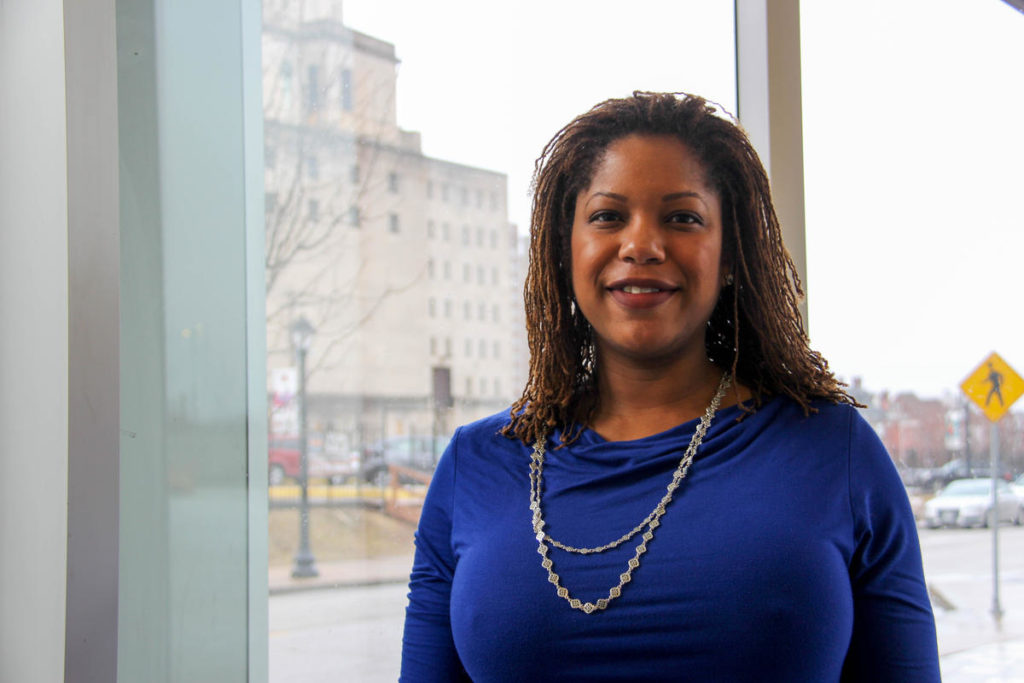
African Americans often have scant knowledge about where their ancestors are from, so many are using DNA test kits, like 23andMe and Ancestry, to trace their roots. The transatlantic slave trade erased a lot of information about family history and countries of origin for many people descended from African slaves. “There’s no value you can put on a DNA test when you’re researching your family history as an African American,” said Crystal Williams, an East St. Louis resident.
For Homes To Survive Tornadoes, Engineers Say Building-Design Standards Need To Change (St. Louis Public Radio, featured on Science Friday)
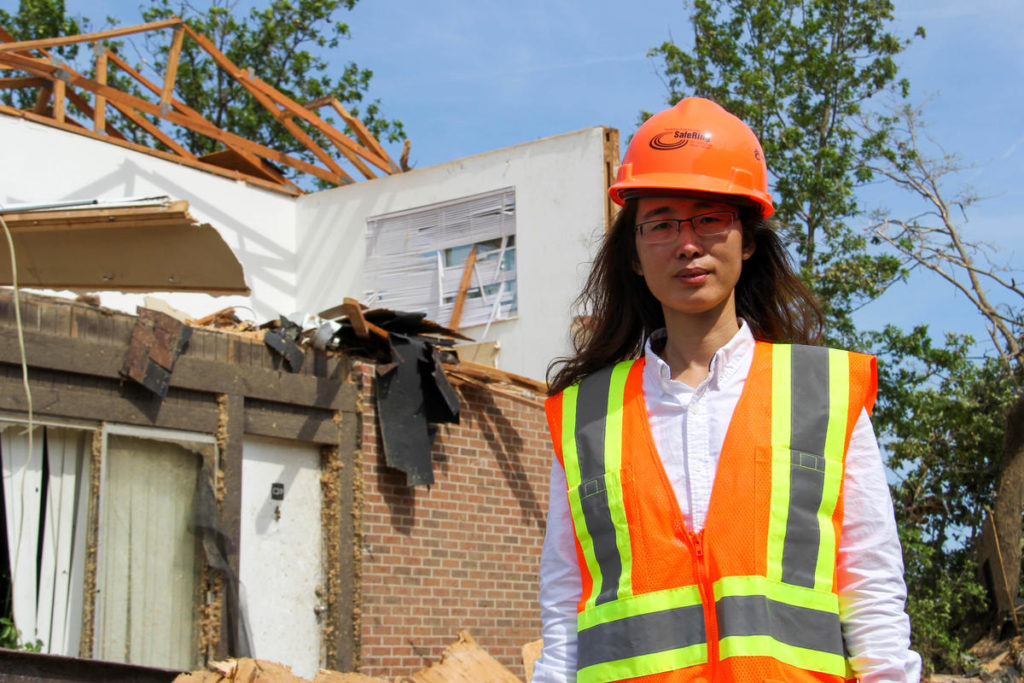
The violent tornado that struck apartment buildings in Jefferson City, Missouri in May 2019 was one of nearly 400 tornadoes that occurred in the U.S. that month. Engineers who inspected the damaged buildings have been working on research to protect buildings against future tornadoes and are lobbying for national building code standards to adopt requirements that would make structures more resilient to strong, spiraling winds.
Listen to my interview with Ira Flatow of Science Friday about engineering homes against tornadoes.
Data Shows Massive Pits Of Coal Waste From Missouri Utilities Polluted Groundwater
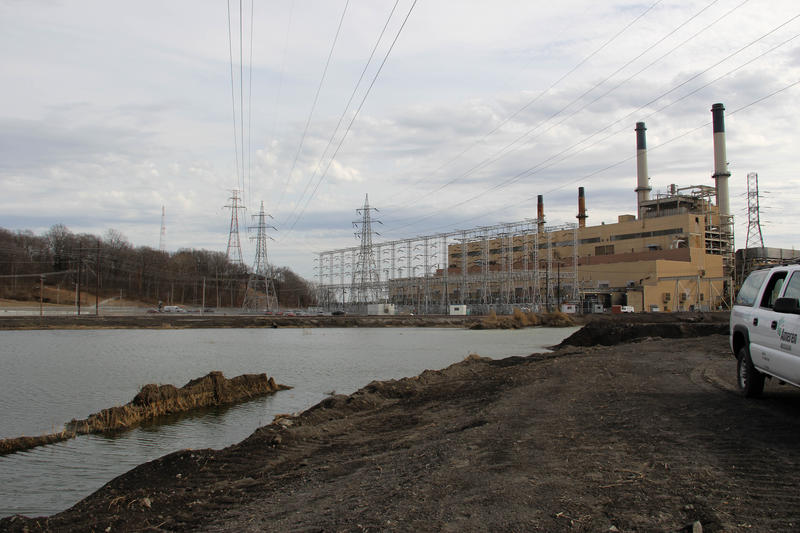
For more than 50 years, Missouri and other states have not regulated massive pits where power plants dump coal ash waste, a byproduct of coal combustion that contains heavy toxic metals. In a two-part series, I reported on data that showed how coal ash ponds had caused groundwater pollution in Missouri’s rural communities and picked apart Missouri’s plan to regulate these largely unlined ponds that had not been regulated for several decades. Later that year, the Missouri Department of Natural Resources withdrew its plan to regulate the ponds but the state’s largest utility, Ameren Missouri, which owns most of them, is moving forward with covering them without digging out the waste.
Listen to my interview on Science Friday about Missouri’s coal ash ponds.
Chemistry professor drums the periodic table of elements … literally
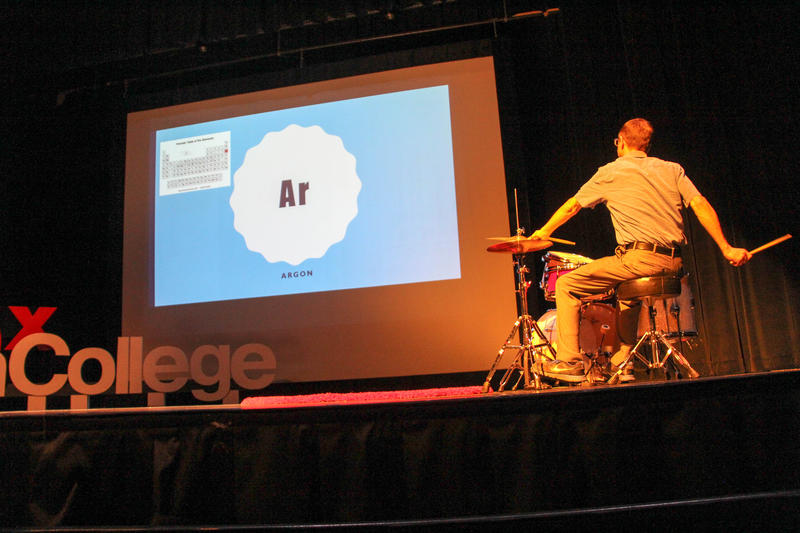
A chemistry professor at Jefferson College in Missouri performs the periodic table of elements on drums to share his passion for art and science. (I’ve always maintained that this piece represents my best mixing work.)
Newscast
North St. Louis Residents Want Foul-Smelling Farm Out Of Neighborhood
EPA approves plan to remove nuclear waste from West Lake Landfill after years of complaints
Human Fecal Particles Show That Extreme Weather May Have Led To Ancient Cahokia’s Demise
All Things Considered local newscast on Dec 24, 2019
